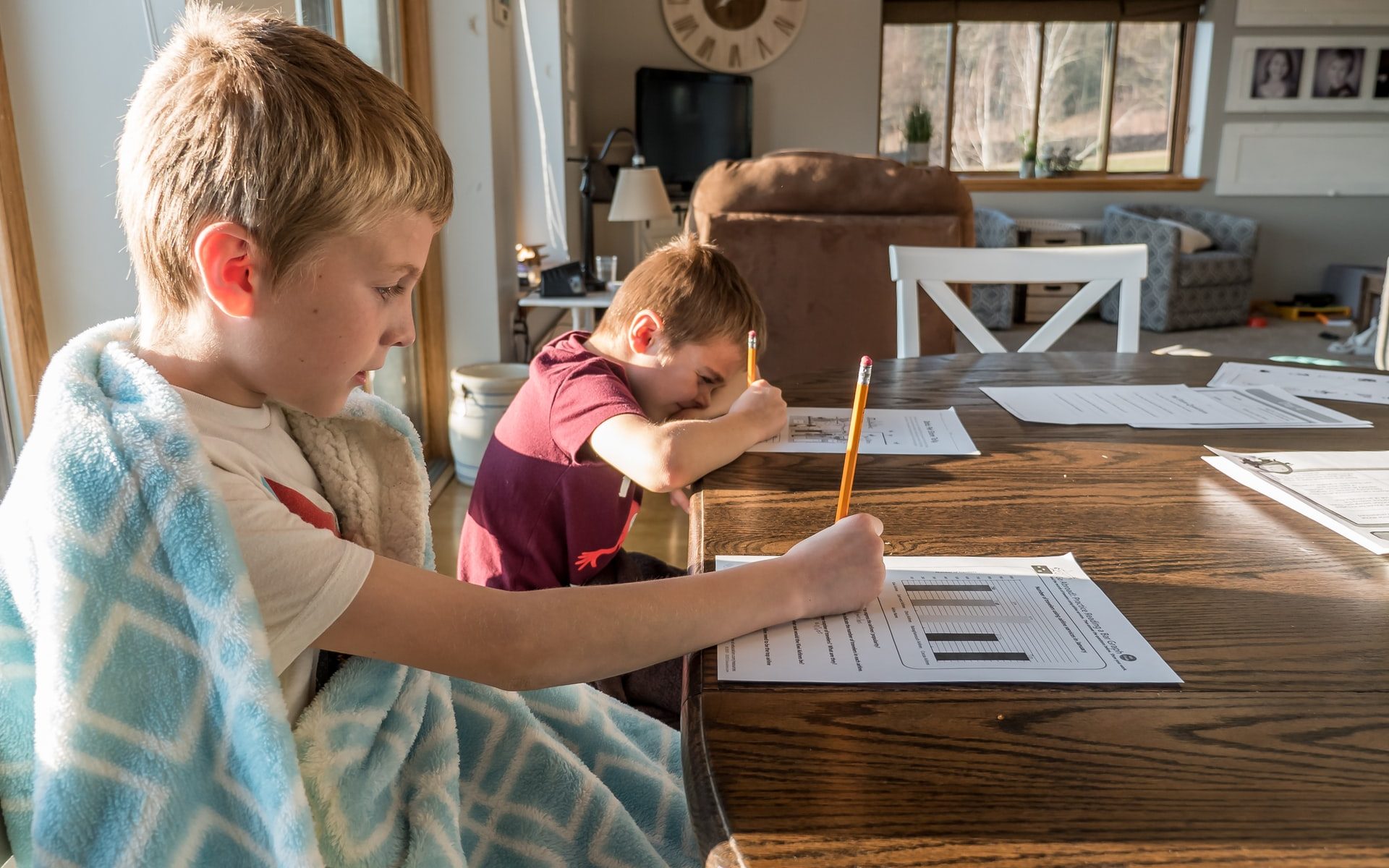Gallup conducted a survey that required students to mention their most difficult subjects in 2015. Unsurprisingly, maths came leading the difficulty list. The question now is, what exactly is it about this subject that makes it so hard? Have you ever thought about this?
According to Dictionary.com, the word difficult means not readily or easily done, needing many skills, labor or planning to be successfully completed. This definition explains the root of the problem when it has to do with maths, especially the part that says “not readily done.” Now, what makes maths hard for most students is the fact that it requires patience and perseverance. For most students, math takes a lot of effort, it doesn’t just come naturally or automatically. This particular subject sometimes needs students to put in plenty of time and energy.
Meaning that the problem of most students has little or nothing to do with mental capacity but stamina or endurance. And because students are not in control of their own timetable when it comes to understanding a topic, they can run out of time as the teacher goes ahead to the next topic.
Math and Brain Types
According to most scientists, there is also an aspect of brain-style in the big picture. For any topic, there will always be contradicting opinions and just like any other topic, the process of human learning is exposed to continuous debate. However, many theorists are of the opinion that people are wired with diverse math comprehension abilities.
Some brain science scholars are of the opinion that rational, left-brain thinkers have the tendency to comprehend things in parts, while the reverse is the case for spontaneous, creative right-brain thinkers. The right-brain thinkers can assimilate a lot of information at a time and allow it to settle. This means that left-brained students tend to comprehend concepts while, while right-brained students do not and the time-lapse leaves them feeling confused and backward.
Math as an Accumulative Subject
Mathematical techniques are cumulative, which implies that it operates just like a pile of building blocks. One has to fully understand one area before successfully moving on to the next. The first and main building blocks of mathematics are laid in primary school where the principles for addition and multiplication are taught and they become our foundation.
The second building blocks are laid in middle school where formulas and operations are taught. Students have to fully understand this new information and become familiar with the topics before moving on to widen their knowledge.
Students start facing problems sometimes in between middle school and high school because they often graduate to a higher class or new subject before they are fully prepared. A child who receives a C in middle school has only known half of what he/she is supposed to know, but still graduates to a new level. The student passed or is passed on because of the following reasons;
1.They assume that a C is good enough.
2.Parents don’t recognize the problems created for high school and college when students move on without fully understanding all they need to know.
3.Teachers don’t have enough energy and time to make sure that every student understands the entire concept.
Therefore, students graduate to a higher class without a solid foundation, and the result of this is restrictions when it has to do with improvement and real possibility for total failure at some point.
The lesson to take home here is that when a student earns a C in mathematics, he/she should study seriously in order to understand all the concepts he will need in the future. As a matter of fact, it is advisable to employ a tutor to help out whenever you realize that you had a hard time in a math class.
Making Mathematics a Bit Easier
When it has to do with math and difficulty, we have generated some facts and these are:
•The subject appears difficult because it requires a lot of time and energy.
•Most students don’t have enough time to learn math lessons, and the teacher moves on, leaving some behind.
• Many people graduate to learn more complicated concepts without a solid foundation.
•We then wind up with an unstable structure bound to fail at some point.
Though this sounds like terrible news, all hope is not lost yet as we can remedy the situation easily if only we are patient enough. It doesn’t matter how far you have gone in studying math, you can become better if you go back to strengthen your foundation. You need to cover for all your lapses in middle school by studying to understand all the basic concepts you were taught then.
Some tips you might need are:
•As a middle schooler now, avoid moving on to the next class until you get all the concepts of pre-algebra. Hire a tutor if you must.
•As a high schooler who is having a hard time in math, download a middle school math curriculum or get a tutor. Ensure that you understand all the concepts and activities taught in middle classes.
•As a college student, go back to basic math and study forward. In a week or two, you could go through all you’ve learned in years. It doesn’t take as much time as it appears.
Irrespective of where you begin and where you are having issues, ensure that you recognize the weak points in your foundation and work towards gaining understanding and mastery in those areas.
What did we miss?









